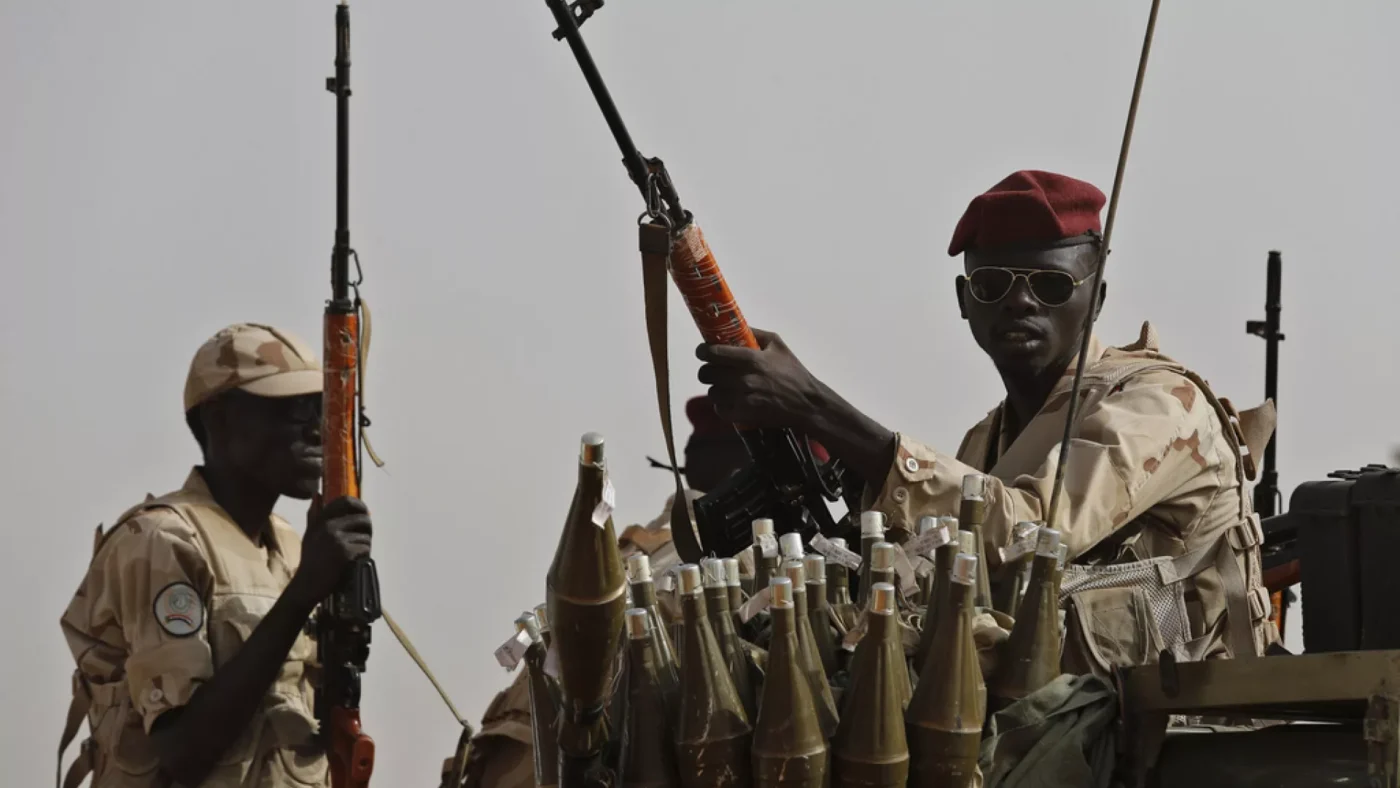The ongoing civil war in Sudan, characterised by relentless violence and humanitarian crises, has been significantly exacerbated by the covert intervention of the United Arab Emirates (UAE). Operating under the pretext of humanitarian aid for refugees, the UAE has been secretly supporting one faction in the conflict. This includes providing advanced weaponry and drones, intensifying the violence, and worsening the humanitarian situation.
The UAE’s operation is centred around an airfield and a hospital in Amdjarass, a remote town in Chad near the Sudanese border. Since June 2023, cargo planes from the UAE have landed there almost daily, according to reports.
In Sudan, evidence indicates that the UAE supports the Rapid Support Forces (RSF), a powerful paramilitary group with connections to the Russian mercenary organisation Wagner and a history of committing atrocities. The RSF, led by Lt. Gen. Mohamed Hamdan, also known as Hemeti, has been engaged in a brutal conflict with Sudan’s regular military. This war has tragically resulted in the deaths of 12,000 civilians and displaced over 5.4 million people since April 2023. Hemeti, a former militia commander with deep ties to the UAE, is viewed by the Emirates as a critical ally.
Publicly, the UAE claims that its operation in Amdjarass is purely humanitarian. Emirati media has showcased the field hospital, which purportedly treated over 6,000 patients since July, and has highlighted aid distributions to local communities. However, this is a selective aid to one side of the conflict. The UAE claims to help Sudanese refugees fleeing from ethnic violence in the Darfur region but these claims are deceptive, as the main refugee crisis is located hundreds of miles south, where more than 2 million Sudanese refugees live in dire conditions in overcrowded camps.
The UAE’s involvement in Sudan is part of a broader strategy to extend its influence across the African continent. The Emirates has secured business deals worth billions of dollars to develop mines in the Democratic Republic of Congo, acquire carbon credits in Liberia, and control ports in Tanzania, Somalia, and Sudan. Supporting Hemeti aligns with this strategy; like many Gulf countries, the UAE sees Sudan as a potential source of food, and ensures a position on its Red Sea coastline. In December, the Emirates signed a $6 billion deal to develop a port 125 miles north of Port Sudan. This duplicity has led to widespread condemnation. For Sudanese critics, the UAE’s involvement represents a profound violation of the UN Charter and a threat to regional and international security, as it professes to aid refugees while backing the forces responsible for their displacement and suffering.
The UAE’s covert support for the RSF has significantly worsened the Sudanese civil war, driving human rights abuses and escalating casualties. The UAE’s actions are driven by strategic interests rather than a genuine commitment to peace and stability.





